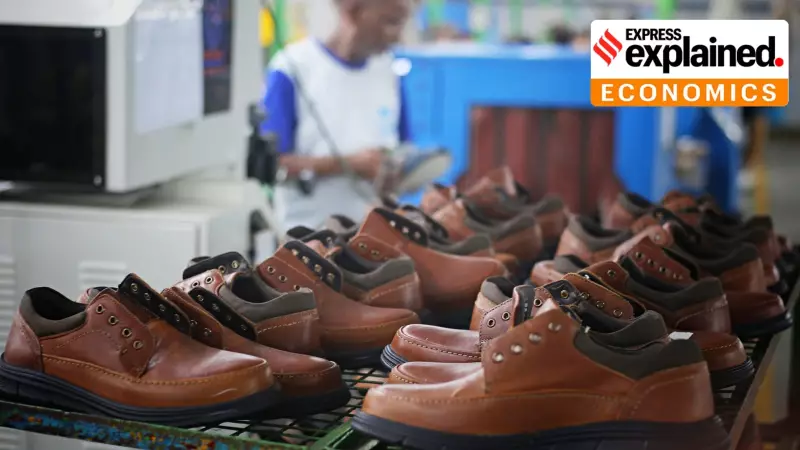
Government Overhauls Quality Standards After NITI Aayog Exposes Flaws
The Indian government has initiated a comprehensive reform of its quality standards framework after a damning NITI Aayog report revealed that Quality Control Orders (QCOs) have significantly damaged the competitiveness of key export sectors. The report, prepared by a high-level committee headed by former Cabinet Secretary Rajiv Gauba, found that these regulations have particularly hurt micro, small and medium enterprises (MSMEs) while benefiting large industrial houses.
The QCO Impact on Indian Industries
Between 2016 and 2025, the number of products brought under mandatory QCO coverage exploded by more than 11 times – from fewer than 70 to nearly 790 items. These legal directives require products manufactured or imported into India to meet specific Bureau of Indian Standards (BIS) certification. While large corporations welcomed these measures as tools for market control, MSMEs faced severe operational challenges and cost increases.
The implementation of QCOs restricts import, manufacturing, distribution or sale of covered products without Standard Mark certification, except under valid BIS licenses. This created massive supply chain disruptions across multiple sectors, with footwear and electronics industries – employing approximately 4.5 million people – among the hardest hit.
Market Concentration and Price Premiums
The NITI Aayog report highlighted that QCO implementation led to greater market concentration among domestic suppliers in several sectors, enabling them to charge significantly higher prices than global benchmarks. Specific examples included:
- Polyester fibre and yarn commanding 15-30% price premiums
- Certain steel products with similar price increases
- Reduced competition due to challenges faced by global suppliers in obtaining BIS certification
This market distortion has contributed to India's declining share in global apparel exports, despite the withdrawal of anti-dumping duties on select products. The report specifically noted that both footwear and electronics sectors depend heavily on imported intermediate materials that determine end-product performance and design flexibility.
Commerce Ministry Driven Implementation
Interestingly, the push for expanding QCO enforcement came primarily from the Department of Commerce rather than the Department of Consumer Affairs, which administratively controls BIS. The Research and Information System for Developing Countries (RIS) report indicated that the Commerce Department recognized QCOs could serve as non-tariff trade tools to manage the growing trade deficit, particularly with China where annual goods imports crossed $100 billion.
As India rushed to sign multiple free trade agreements to capitalize on the China-plus-one global diversification opportunity, domestic industries faced steep compliance challenges. The absence of adequate testing facilities and competent manpower for implementing regulatory standards created operational complexity for MSMEs.
The government has now begun revoking QCOs on key industrial input items, including copper, aluminium, and chemical intermediaries crucial for the textile value chain. This represents a significant policy shift acknowledging the negative impact these regulations have had on India's export competitiveness and manufacturing growth.






